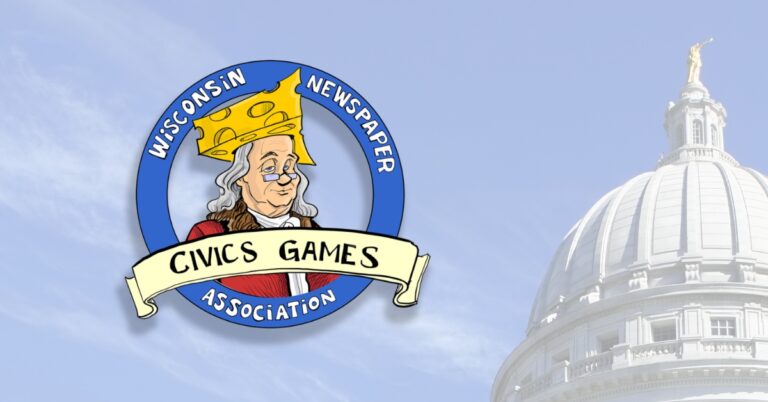Weekly Fiscal Facts are provided to Wisconsin Newspaper Association members by the Wisconsin Policy Forum, the state’s leading resource for nonpartisan state and local government research and civic education. The Wisconsin Policy Forum logo can be downloaded here.
- Download this column as a Word document
- See other WNA Member Content offerings
In his proposed budget, Gov. Tony Evers sought to legalize medical marijuana and decriminalize small amounts of the drug for other users. Evers’ decriminalization proposal would be unusual in allowing all Wisconsinites to possess 25 grams or less of the drug without any criminal or civil penalties — that would go further than any state except the 10 that have legalized marijuana for recreational use.
The governor’s decriminalization plan would address Wisconsin’s current patchwork of different municipal ordinances and penalties for first-time marijuana possession, which can range from a fine of as little as $1 in Eau Claire and Racine to $500 in Green Bay, creating potential confusion and inequities.
Also under the Evers proposal, sales of medical marijuana would be subject to sales taxes and a proposed 10% surcharge, and dispensaries and patients also would pay license fees. Combined, these taxes and fees would generate an estimated $2.4 million in tax and fee revenue for the state over the next two years.
The governor’s proposals could have impacts on the criminal justice system as well as racial equity. State Department of Corrections data show higher rates of admission for black offenders than white offenders for marijuana-related offenses, despite similar rates of use. However, those statistics also indicate only small numbers of individuals serve prison time for charges that just involve marijuana.
Although lawmakers removed the governor’s proposals from the state budget, the debate over the state’s marijuana laws remains relevant and timely. Wisconsin is now nearly surrounded by states (Michigan, Minnesota, and Illinois) that have legalized medical or recreational marijuana, raising potential issues such as impaired driving and economic impacts as more state residents access legal markets for the drug in neighboring states. Under federal law, however, marijuana remains prohibited across the country, adding to the uncertain environment for state marijuana policies.
This information is a service of the Wisconsin Policy Forum, the state’s leading resource for nonpartisan state and local government research and civic education. Learn more at wispolicyforum.org.



